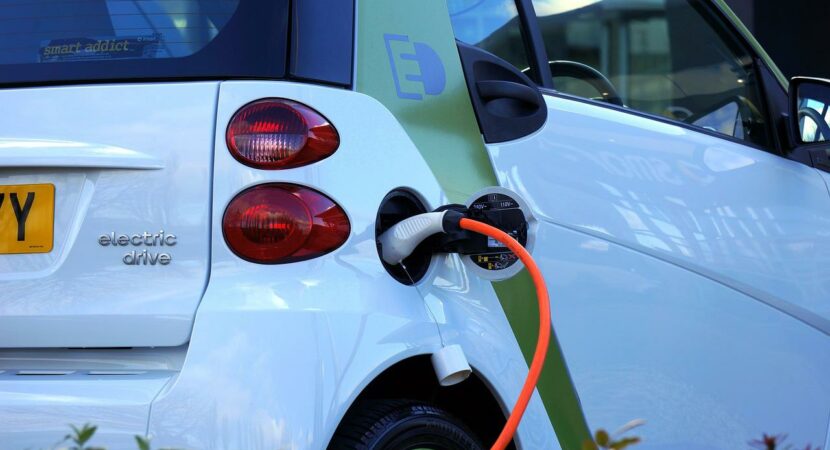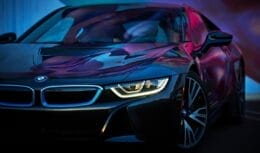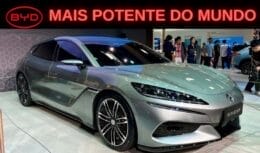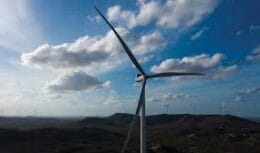
During the Legal Carbon Market Congress, the transport sector was divided over the future of electric vehicles in Brazil
Panel that brought together vehicle and engine manufacturers in order to discuss the green future of mobility, in a congress held in Rio de Janeiro, was marked by the division in the transport industry about how the energy transition aimed at zero emissions will occur in Brazil .
At the same time that the directors of Scania and Marcopolo defended the idea that conventional transport systems powered by fossil fuels should coexist with electric vehicles, the president of WEG – Harry Schmelzer – envisioned a more accelerated transformation of mobility in urban centers.
For Schmelzer, the speed of transition in the transport sector will be stimulated by the rise of socio-environmental criteria (ESG) as attractive for investments and consumption, in addition to the trend of decreasing costs of new technologies. According to the CEO, the automotive sector will have a future completely based on electric vehicles.
The executive also declared, during the event promoted by Petrobras and Banco do Brasil (BB), that Brazil must bet on all fronts, without, however, leaving electric vehicles aside.
CEOs of Scania and Marcopolo are more cautious about the introduction of electric vehicles
The CEO of Scania in Latin America – Christopher Podgorski – argued, in turn, in favor of the automaker's view that electric vehicles should indeed gain space, however they will remain sharing the highways with trucks powered by gasoline. diesel or other fuels cleaner, such as biomethane.
Marcopolo's CEO, James Bellini, followed Podgorski's reasoning, mentioning issues associated with the cost and delays in the infrastructure required for the introduction of electric vehicles. He highlighted, as an example, that there are doubts about what would happen if the entire fleet of buses in the city of São Paulo, corresponding to around 14 vehicles, spent the night, when they stop circulating, being loaded.
Under the same bias, Bellini also pointed out that it is not clear to transport operators in Brazil how long it takes for electric technology to be paid for in terms of operating costs, especially fuel costs, given that the electric bus it is at least three times more expensive than a diesel-powered collective.
Finally, the president of the bus body manufacturer also added that it is necessary to think about different paths for energy transition in the transport sector, since the electric pure is not the only existing alternative. According to him, this must be done until reaching, in the long term, zero emissions in Brazil, which cannot be envisaged, under any circumstances, in the short term.
About the Legal Carbon Market Congress
The Global Carbon Market Congress – Decarbonization & Green Investments, gathers, from the 18th to the 20th of May, in the city of Rio de Janeiro, the leaders of the carbon credits market in Brazil, in order to present strategies, projects and cases for strengthen and boost the green economy in the country.
The event, promoted by Banco do Brasil and Petrobras, has the Ministry of the Environment and the Central Bank as supporters and brings together specialists and more than 60 CEOs with the aim of debating important topics regarding the most diverse aspects of the carbon market, such as sustainability and the environment, services, market finance, energy, urban mobility, sanitation, insurance, oil & gas, industry, agribusiness, technology and innovation.











